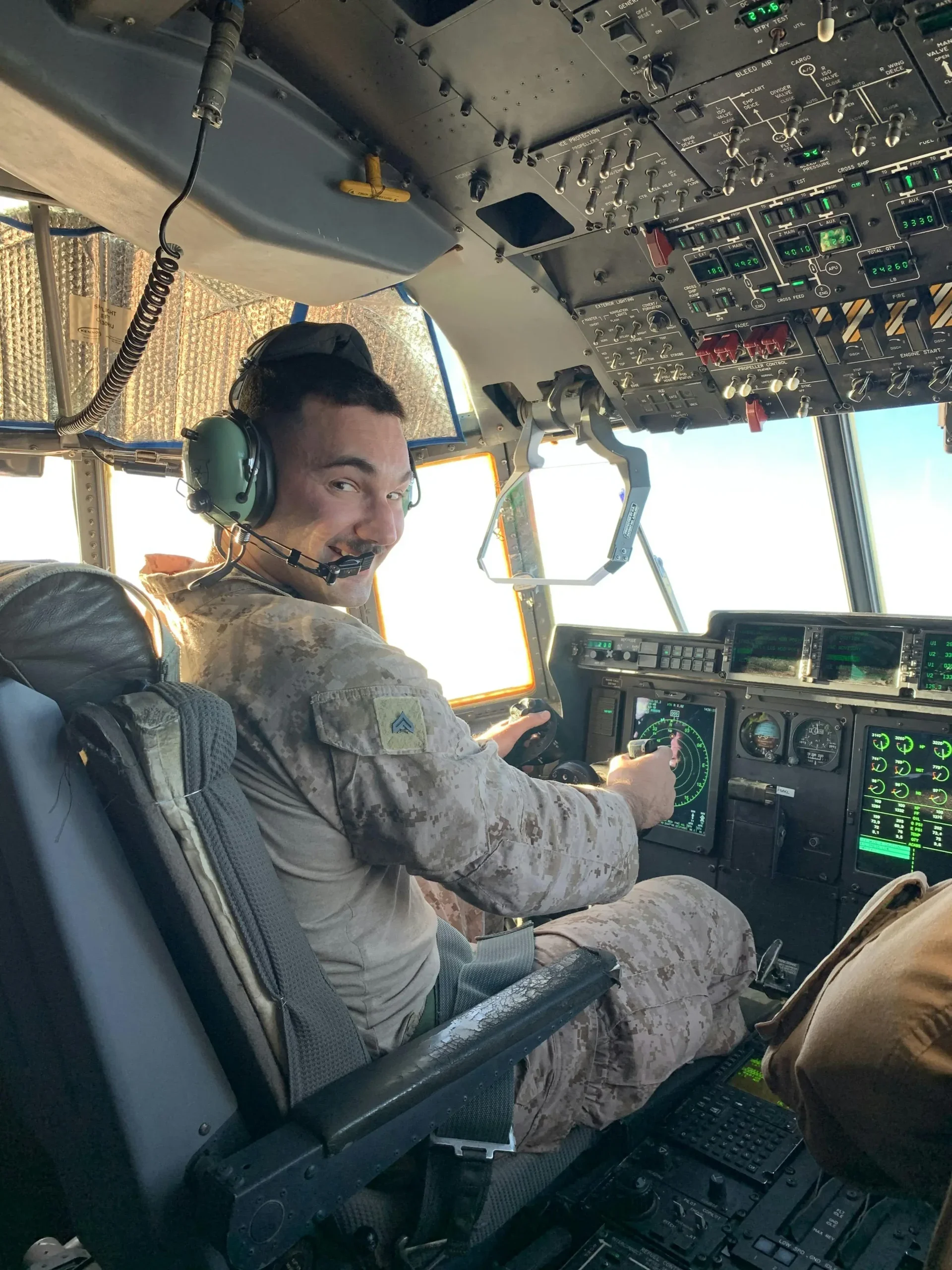U.S. Military Veterans thrive in Transformative Coaching and Leadership
Finishing up his seventh year of service in the United States Marine Corps, Anthony Goliver had just started exploring future opportunities.
Stationed in Okinawa, Japan as part of the 3rd Expeditionary Operations Training Group, the Ohio-born officer learned of an organization called Soldiers to Sidelines.
“At first, it had just been a pipeline for getting veterans involved with community sports,” Goliver says.
As the operation grew, however, eventually morphing into a non-profit focused on leadership training, it began placing veterans into entry-level coaching roles at some of the top universities in the nation.
One of those schools happened to be UCLA…
A major proponent of the Soldiers to Sidelines campaign, Bryce McDonald serves as Chief of Staff for the UCLA football program. An Iraq veteran, McDonald has made a conscious effort over the years to bring former service members into the fold.
Now a Defensive Graduate Assistant for the Bruins, Goliver, a Naval Academy grad, is one of a handful of vets recruited to join McDonald’s UCLA staff. Working on his Master of Education degree as part of the School of Education and Information Studies’ Transformative Coaching and Leadership program, he says the parallels between military and sports leadership have become ever-present during his time working with student athletes.
“Military leadership is a lot more human-focused than people tend to think,” says Goliver, who played Sprint Football at Navy. “The mainstream perspective is this Full Metal Jacket, bootcamp style leadership.”
“And sure, when you’re out in the middle of action there’s not a lot of time for discussion.”
But, Goliver expounds, it’s the dozens of discussions he and his teams have leading up to those high-crisis moments that allow them to execute and trust one another.
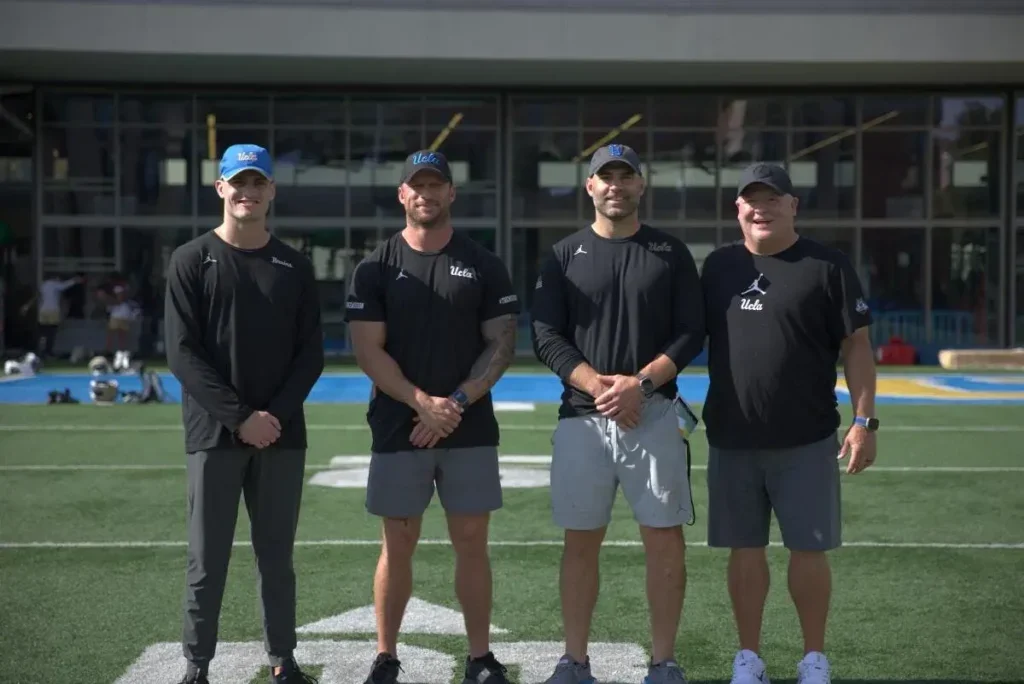
In Infantry training, he and his fellow Marines even studied a familiar UCLA mentor’s leadership:
“The required reading was Wooden on Leadership,” Goliver recounts, noting that his instructors referenced the book constantly. “So I’d read Wooden two or three times even before UCLA and the TCL Program.
“So much of (Coach Wooden’s) lessons apply, even to military leadership,” Goliver says. “Practice planning is just like managing your Marines’ time. The worst thing you can do is get them out to the field and have them waiting around.”
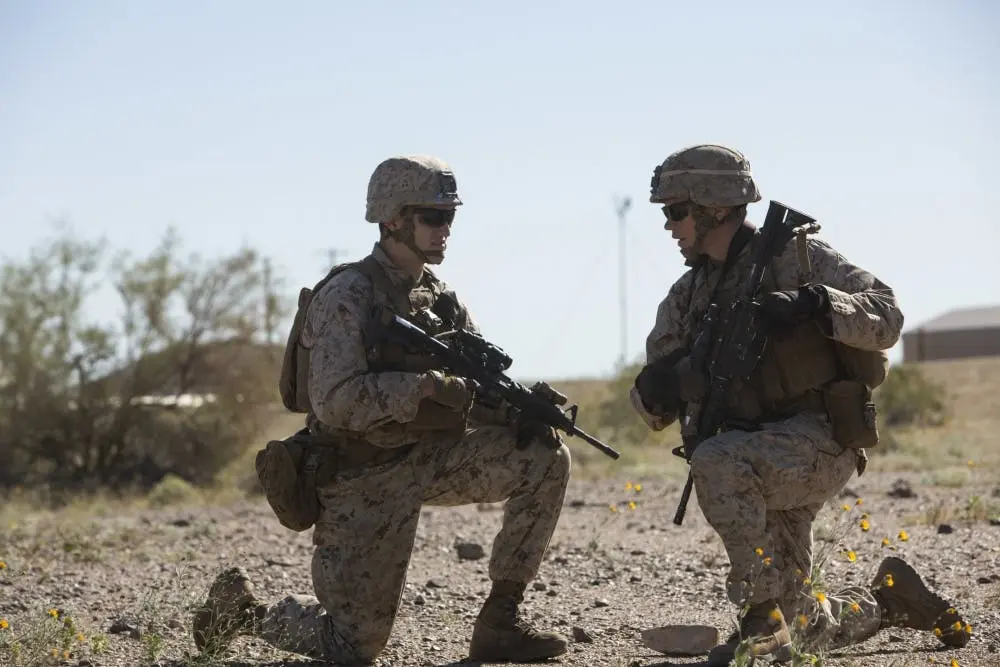
Mike Poppa, another TCL student and current member of the UCLA Football staff, is a former Navy SEAL. Following his football career at Morehead State, Poppa aided Naval Special Warfare Command operations in the Middle East, working as a lead breacher and sniper.
The Ohio native says his time spent serving around the globe fostered a deep understanding of the world and influenced his leadership in a variety of ways.
“I traversed various countries, exposing me to life’s diverse challenges and complexities,” Poppa says. “It all reinforced the ‘Whole Man Concept’ – a commitment to doing the right thing in any situation, making mature decisions, and possessing a profound perspective on the significance of life.”
Drawn to the TCL program by its core mission of contributing to the creation of a more just, equitable and humane society through enlightened and socially conscious sports education and leadership, Marine Corps veteran Josh Fano was looking to become a more people-centric and inclusive leader.
“The Marines taught me that teamwork is vital and nothing is impossible with the proper equipment and a healthy dose of motivation,” says Fano, who previously worked as a liaison for UCLA’s Veteran Resource Center.
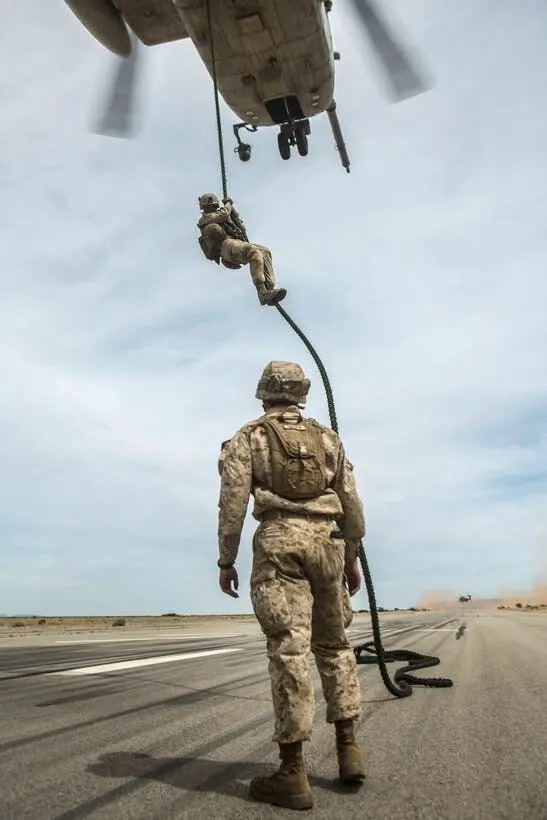
Originally from Virginia, he worked his way up from a small unit leader to be a non-commissioned officer of a communications platoon. Fano later served as the radio operator of a weapons company, where his job was to establish and maintain command and control through planning, programming and establishment of communications networks.
Spearheading the training of over 500 individuals on incidental radio communications security and protection measures, Fano developed a needs assessment and collaborative education process. That experience, he says, helped him recognize the full worth of TCL’s emphasis on self-reflection in leadership.
“It’s easy as a player or as a fan to look at a decision made by a coach or an administrator and say ‘That doesn’t make sense to me,’ or ‘That’s dumb,’” Goliver adds, echoing Fano’s sentiment.
“That’s why I love how in the TCL program we get put in the hot seat,” Goliver says. “We discuss hard topics and what we’d do if we were in that coach’s shoes and how we’d respond to criticism or misunderstanding.”
No stranger to intense situations, Marines are trained to thrive under pressure, Fano notes. In the same way, coaches prepare athletes as best they can to perform in heated moments.
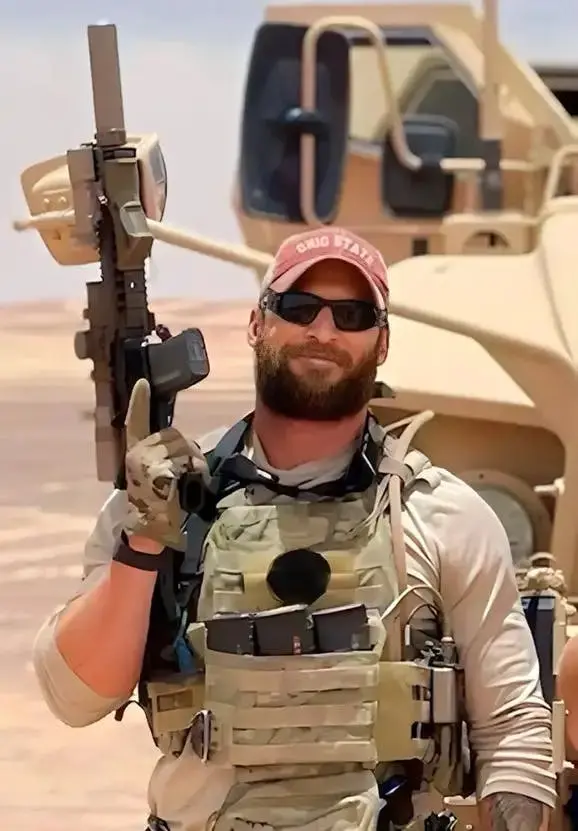
Deployed to the Mediterranean and Black Sea as part of a crisis response team, Goliver’s unit supported missions in Jordan and Syria, as well as the relocation of the U.S. Embassy in Israel to Jerusalem from Tel Aviv in 2018.
A rifle platoon commander at that time with 2nd Battalion, 6th Marine Regiment, Goliver points out that while they were trained for combat, it was the last thing any of them truly desired.
“The only people who want combat are people who have never seen or studied combat,” he explains. “At the same time, you have a bunch of Marines who have trained for 18 months for combat as their job.
“So you’re out there with a group of guys itching to do what they’re trained to do,” Goliver adds. “And it’s a lot about finding a balance with them.”
At the end of the day, Poppa says it’s about creating positive change:
“I’ve come to appreciate that genuine leadership lies in not only guiding and inspiring,” he says,
“but also in nurturing the growth and development of those under your charge.”
Learn more about UCLA’s Transformative Coaching and Leadership Master of Education program.
